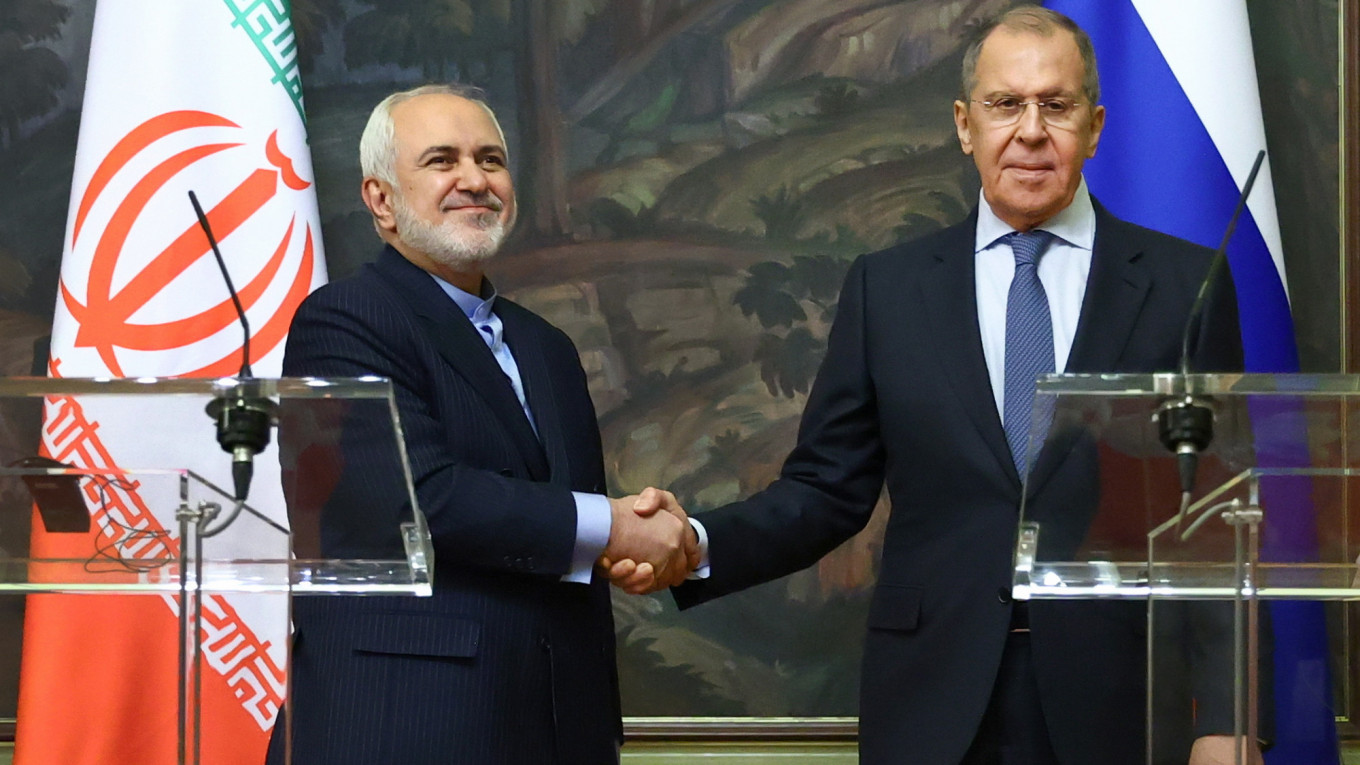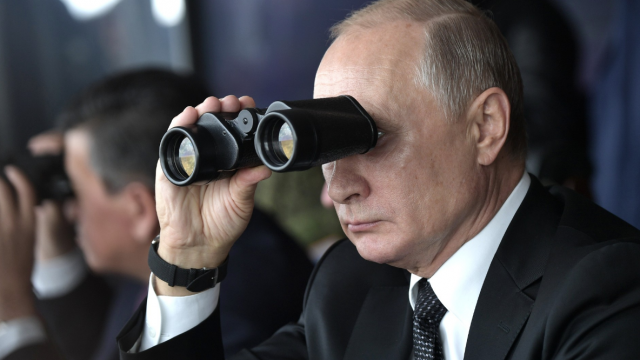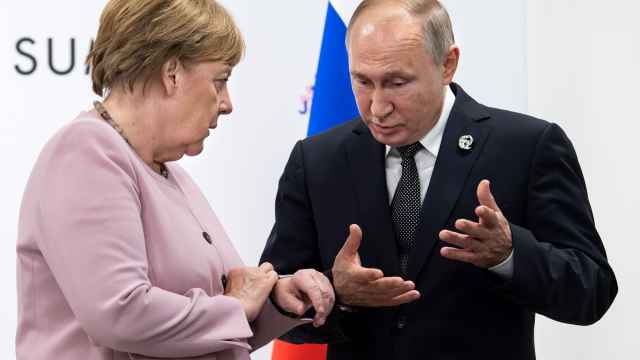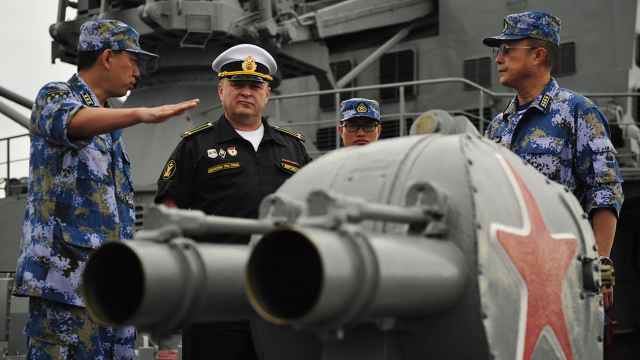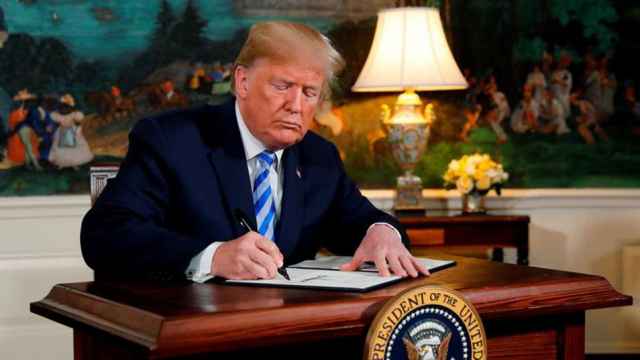Russia does not support expanding the Iran nuclear deal to other issues like Tehran's regional influence should the United States decide to rejoin, Moscow's deputy envoy to the UN said Wednesday.
Known as the Joint Comprehensive Plan of Action (JCPOA), the deal was agreed between Iran, the United States, China, Russian, Britain, France and Germany in 2015.
It offered sanctions relief in exchange for curbs on Tehran's nuclear ambitions and guarantees that it would not seek an atomic bomb.
It fell apart when former U.S. president Donald Trump withdrew from the accord and imposed unilateral sanctions on Tehran, but new President Joe Biden could rejoin the agreement.
Last year, "we managed to save the deal, to keep it alive. We all hope that the new administration will make some practical moves in this regard," said Moscow's envoy, Dmitry Polyanskiy.
"But you shouldn't mix it up with a regional framework which exists," the Russian diplomat told reporters.
"It doesn't exclude that there should be a process of regional dialect, of some confidence-building measures, of countries speaking to each other and understanding, identifying the sources and the reasons of tensions in the region."
Polyanskiy said the deal had become "very fragile" but still stood as a "genius achievement from world diplomacy."
"We don't see any reasons for it to be modified," he added.
Given the idea that Biden could return to the deal, some have suggested it be renegotiated to include topics like ballistic missiles and Iran's influence in the Middle East, from Lebanon to Yemen, which is frowned upon in the West.
In 2017, French President Emmanuel Macron proposed adding several "pillars" to the deal, including one to ensure better controls on Iran's missile arsenal and another on the situation in the region.
Biden's new Secretary of State Antony Blinken says Washington could rejoin the deal if Tehran agrees to respect its commitments.
A Message from The Moscow Times:
Dear readers,
We are facing unprecedented challenges. Russia's Prosecutor General's Office has designated The Moscow Times as an "undesirable" organization, criminalizing our work and putting our staff at risk of prosecution. This follows our earlier unjust labeling as a "foreign agent."
These actions are direct attempts to silence independent journalism in Russia. The authorities claim our work "discredits the decisions of the Russian leadership." We see things differently: we strive to provide accurate, unbiased reporting on Russia.
We, the journalists of The Moscow Times, refuse to be silenced. But to continue our work, we need your help.
Your support, no matter how small, makes a world of difference. If you can, please support us monthly starting from just $2. It's quick to set up, and every contribution makes a significant impact.
By supporting The Moscow Times, you're defending open, independent journalism in the face of repression. Thank you for standing with us.
Remind me later.


